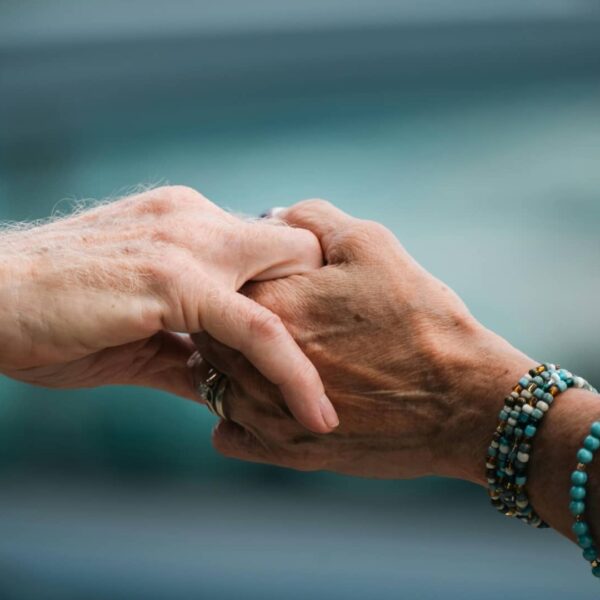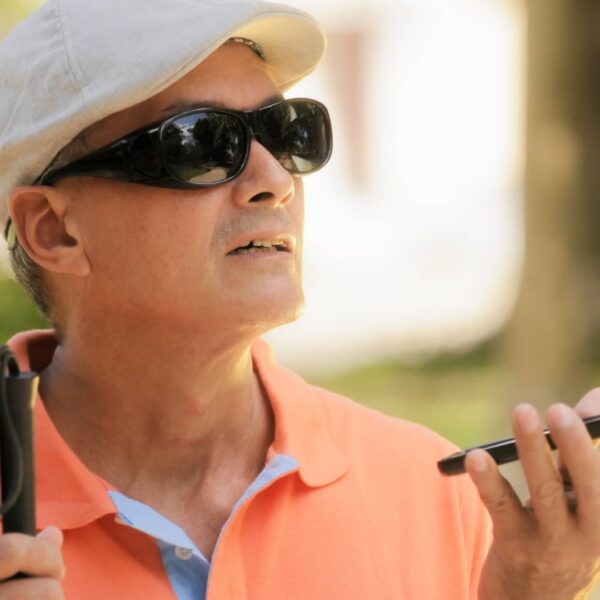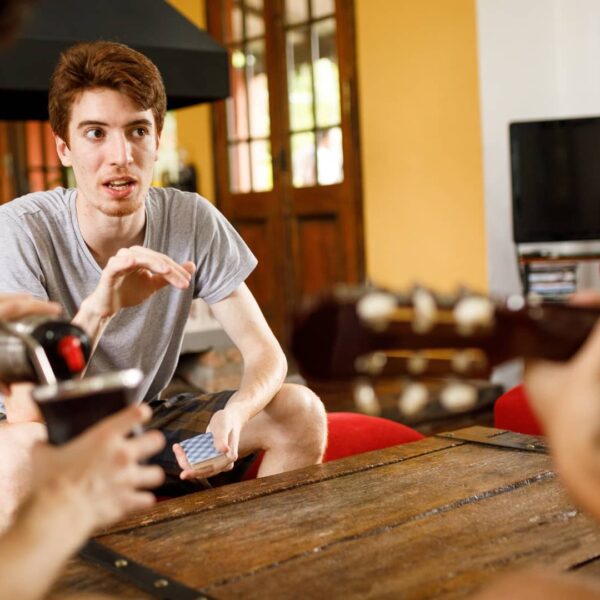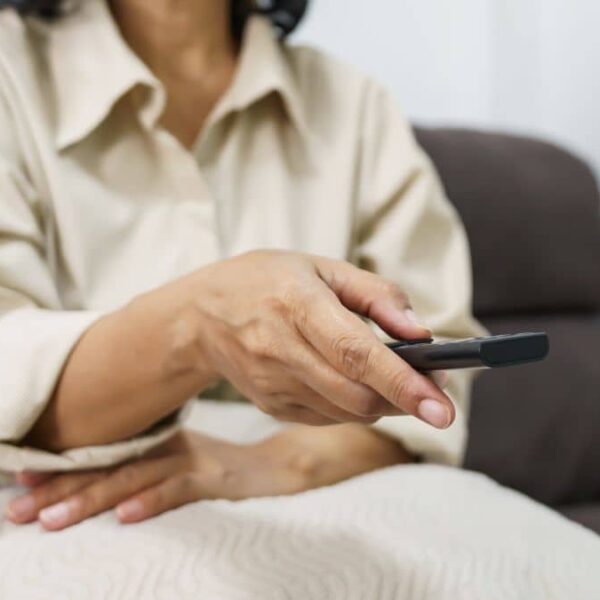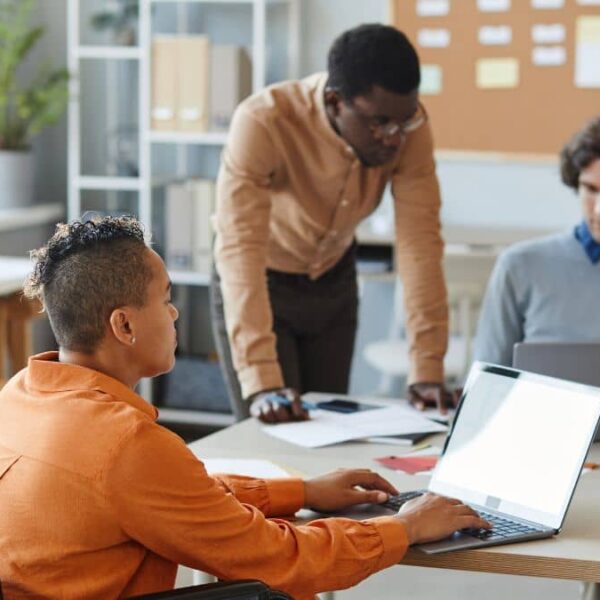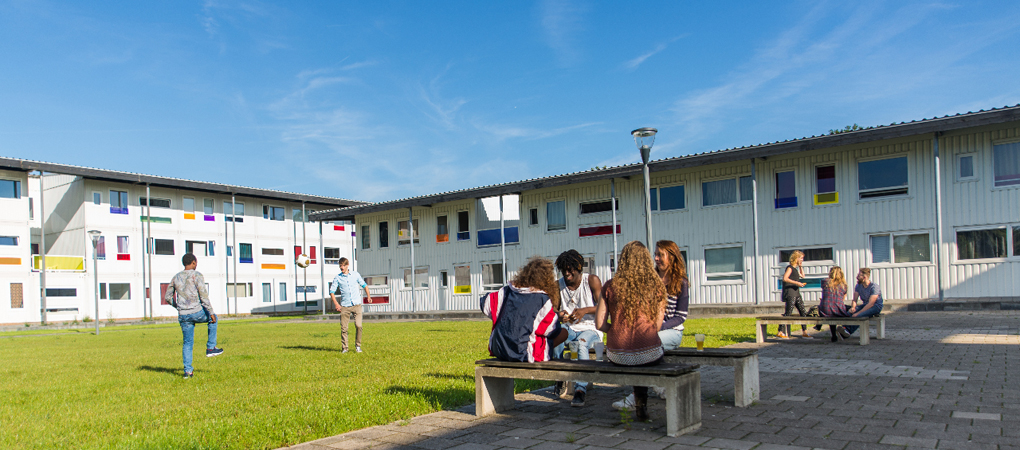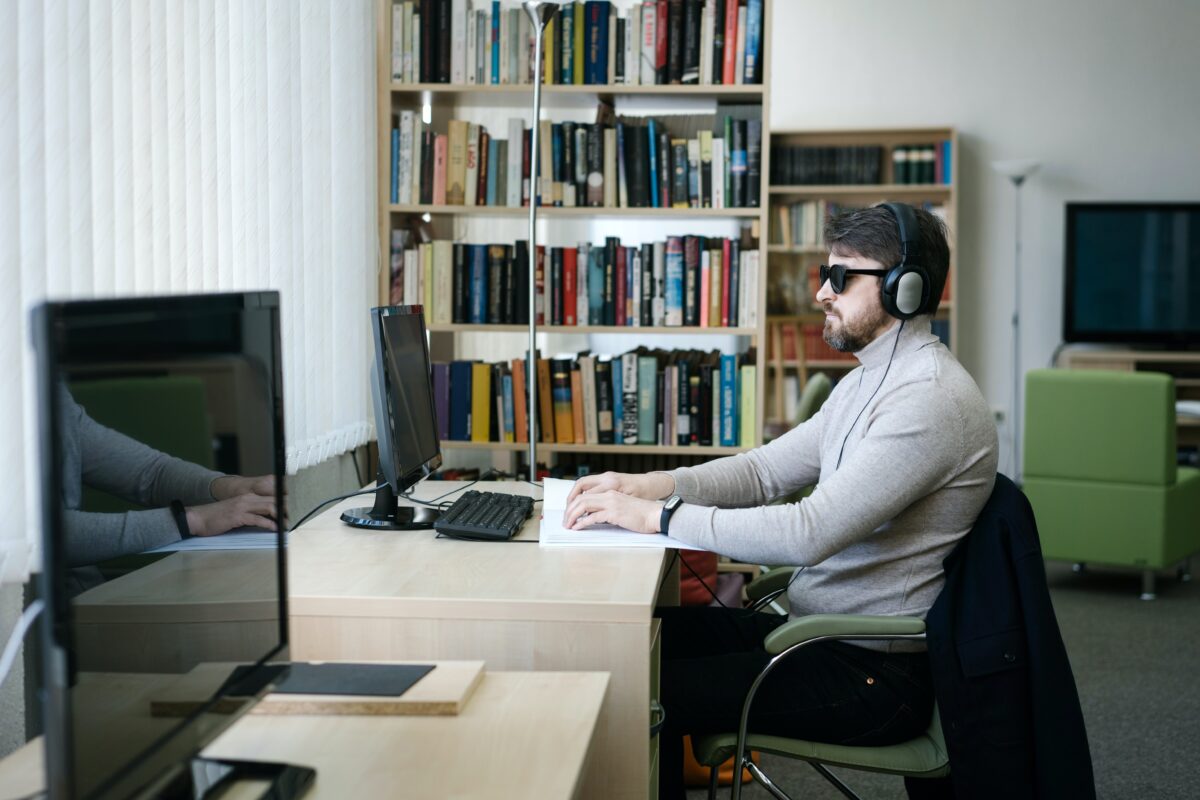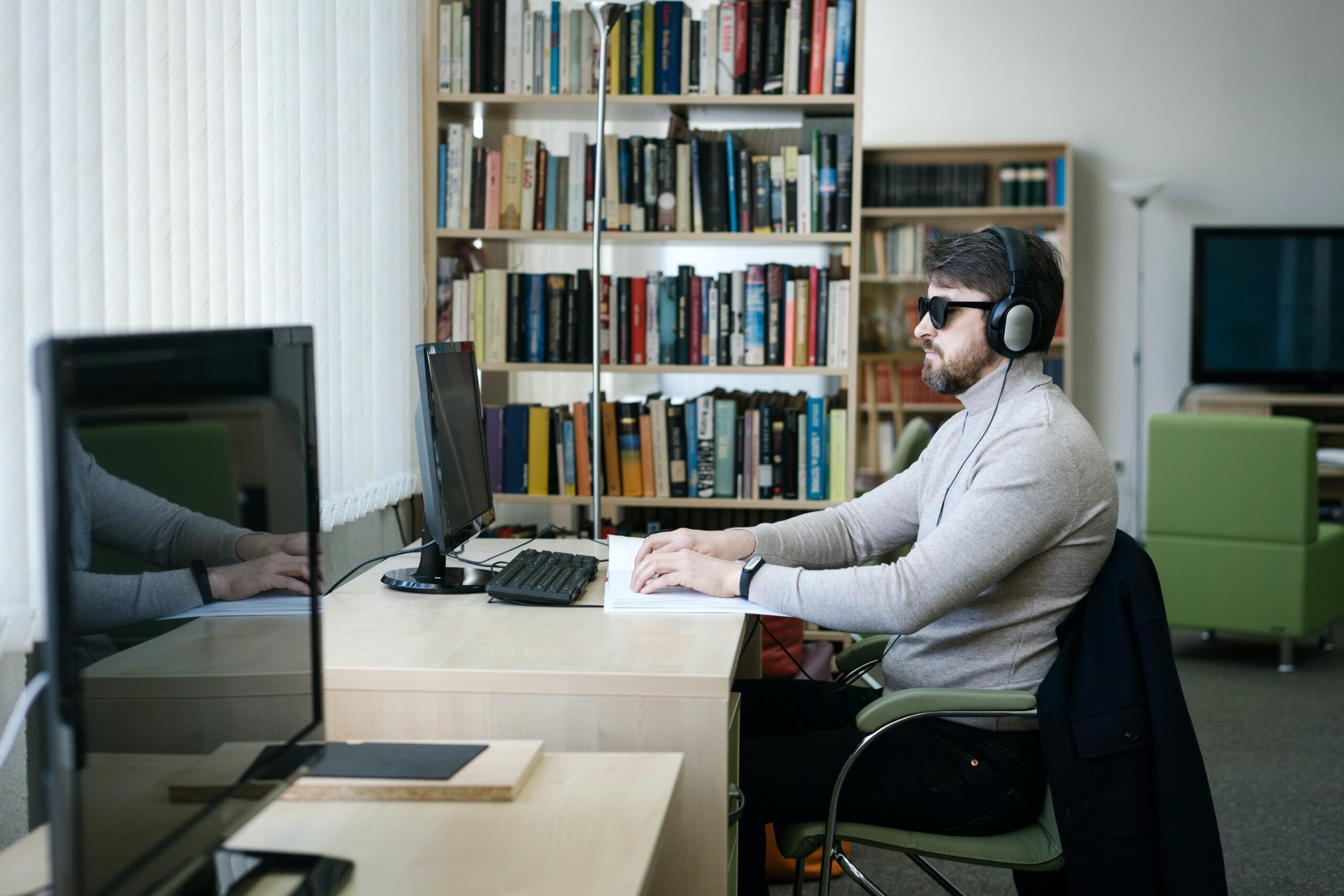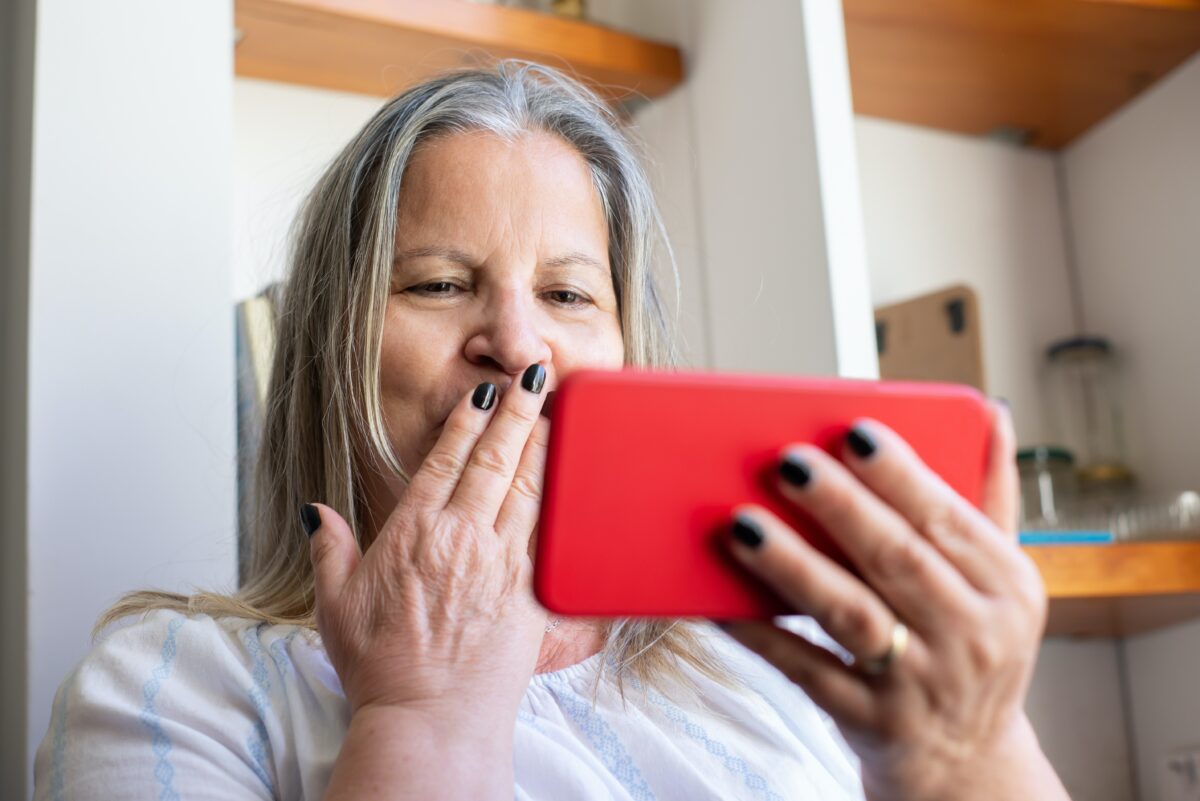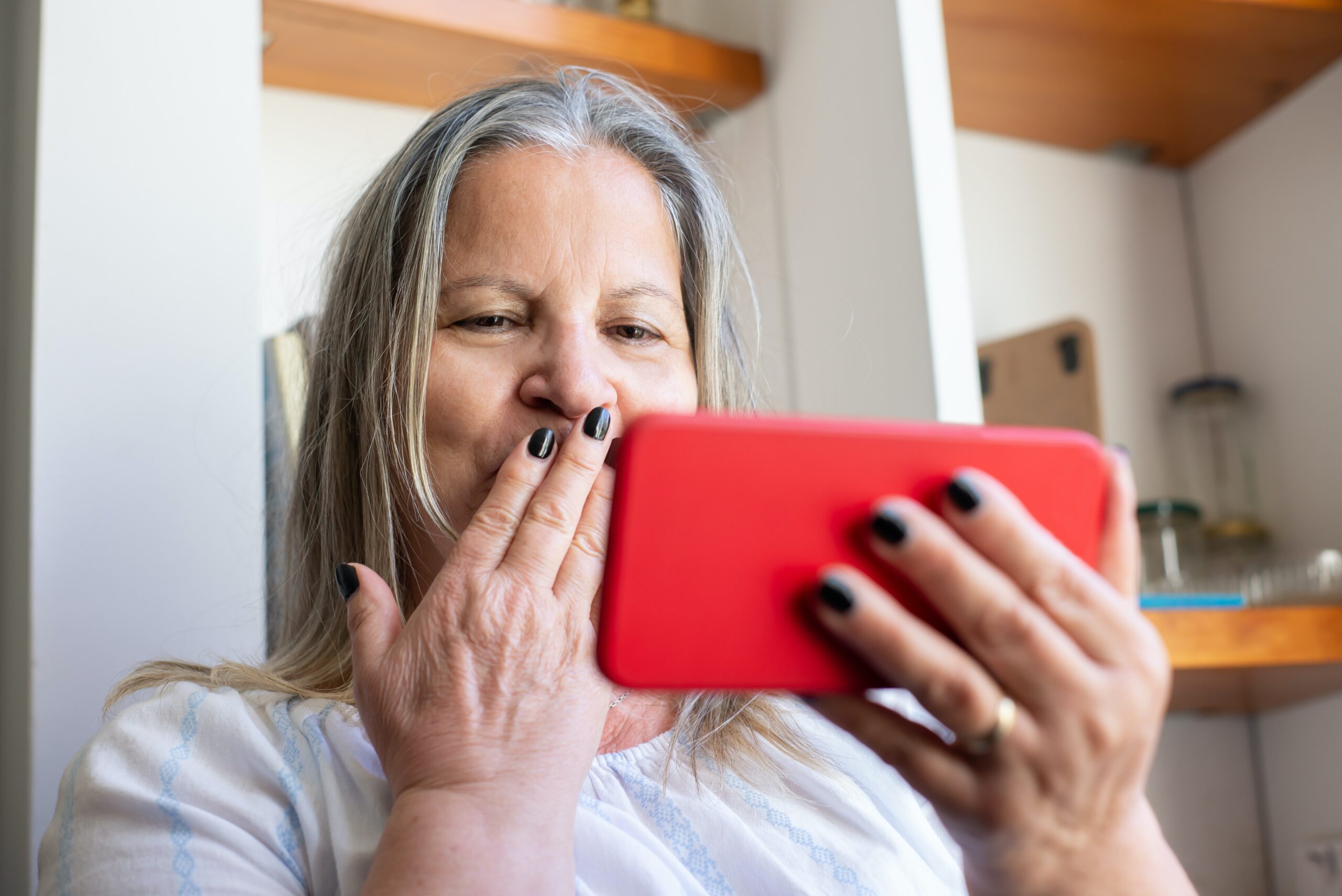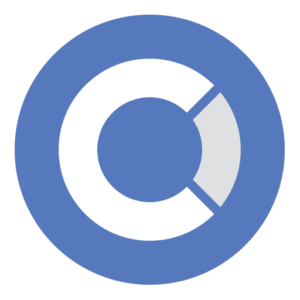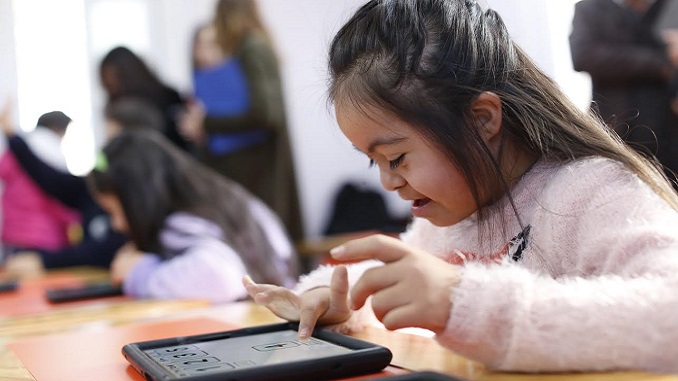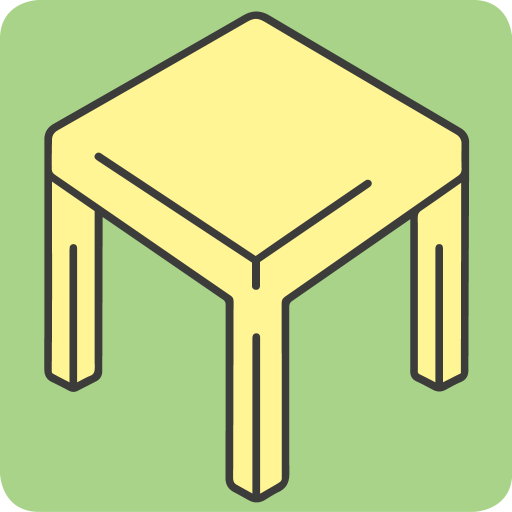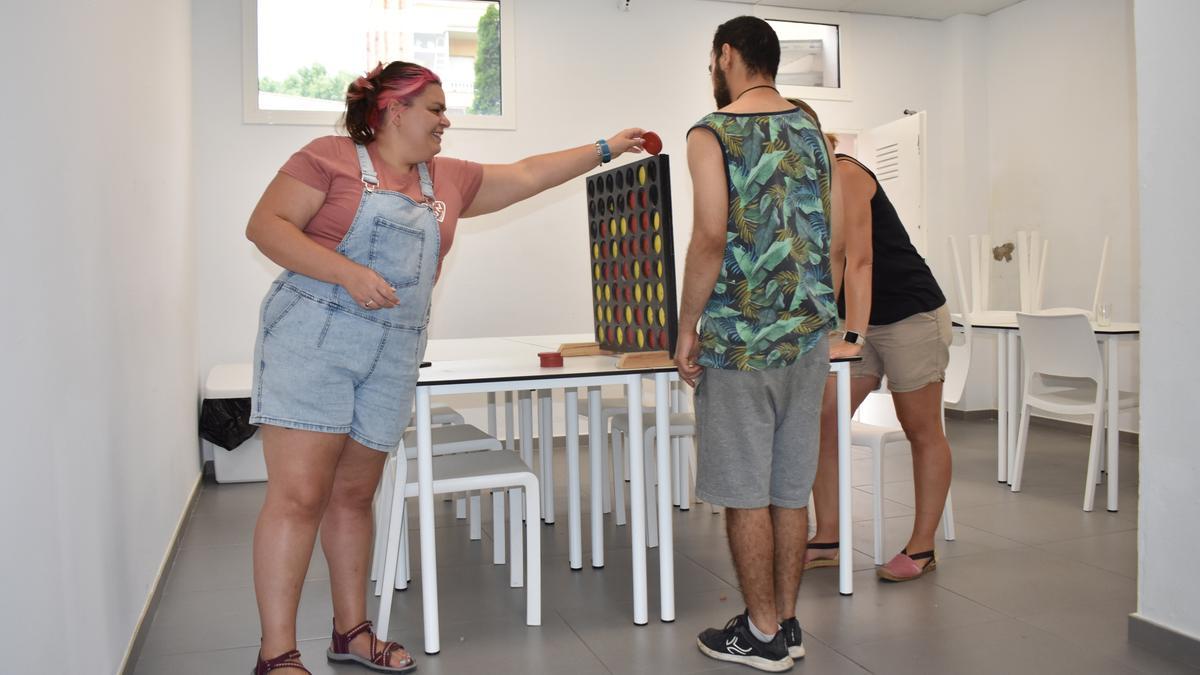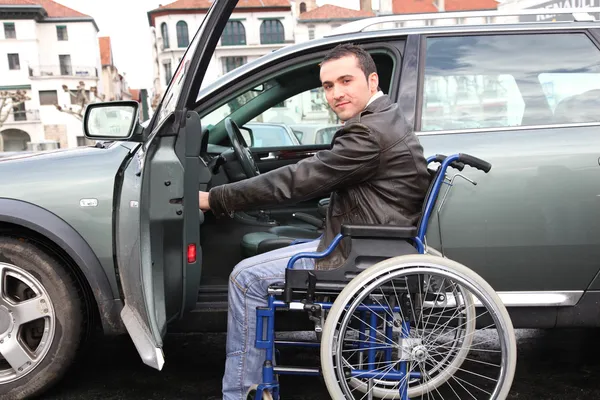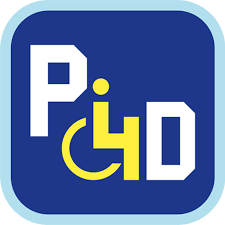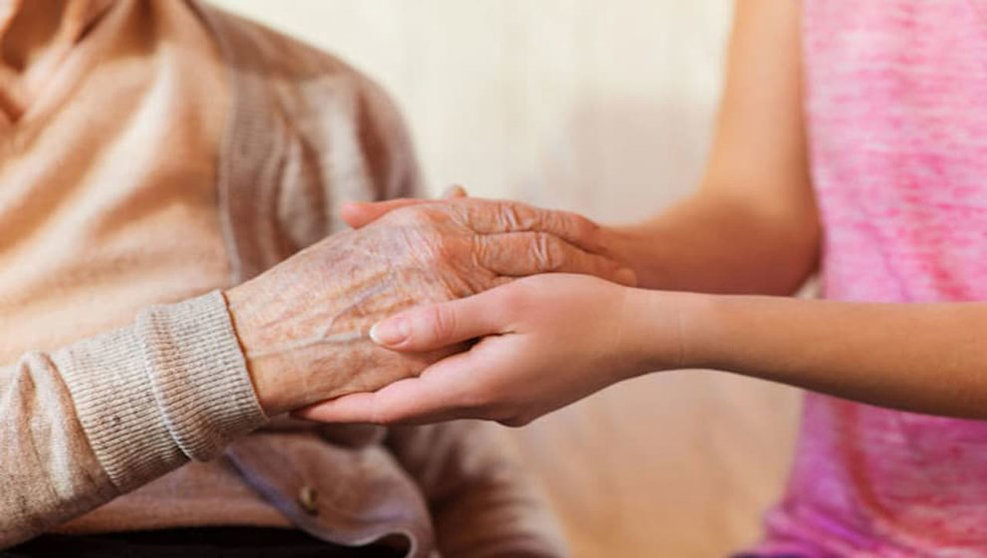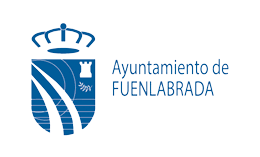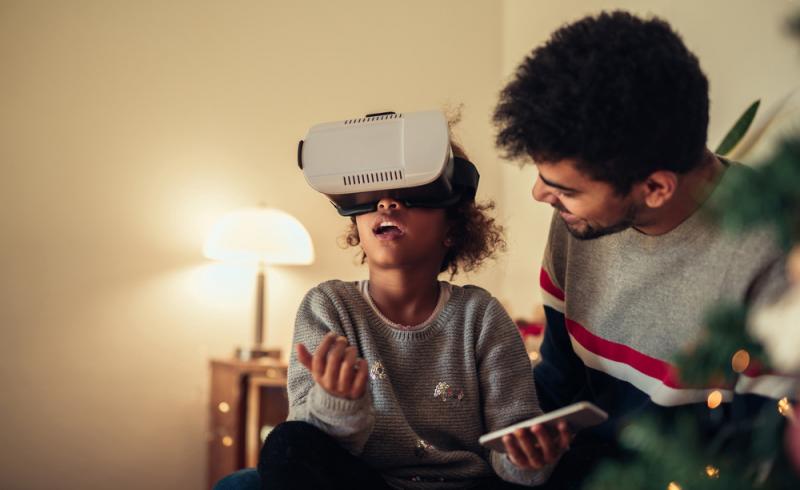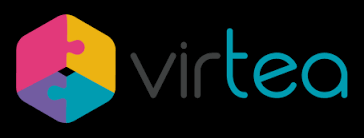Afrolab, Afro-entrepreneurship support programme
Afrolab, Afro-entrepreneurship support programme
PretaHub, British Council, Coventry University
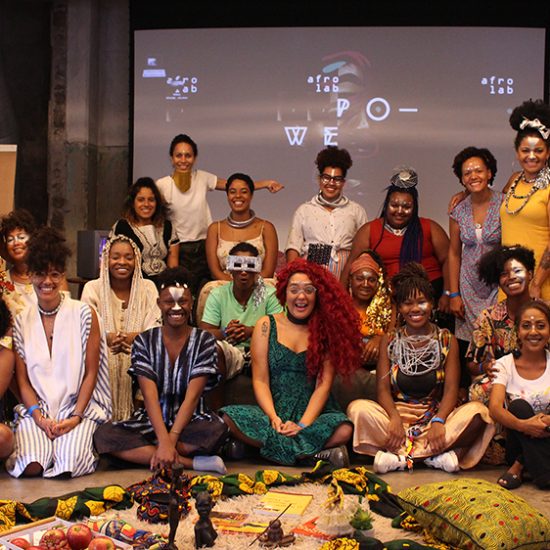
Programme to support, promote and boost Afro-entrepreneurship with an exclusive and innovative methodology. With the aim of strengthening the Afro-Brazilian market, Afrolab offers technical and creative training to entrepreneurs. It does so with a special focus on inventiveness and self-knowledge, being a space for growth, learning and personal and professional transformation.
Afrolab is thus a business expansion programme that acts as a talent accelerator and incubator for black, indigenous and Kilombola entrepreneurs. It is the result of the realisation that, despite the fact that Brazil has the largest black population in the world outside the African continent, black consumers are still considered a niche market and entrepreneurs are under-represented. The figures highlight the difficulties faced by Afro-Brazilians when it comes to entrepreneurship, which results in the majority of black entrepreneurs in the country not being registered in the formal economy.
In response to the in-depth analysis of the challenges and specificities of black businesses, Afrolab provides practical tools for business management and is a space for effective creation and production. It consists of workshops that take place within the framework of various festivals organised mainly in Brazil, where several entrepreneurs can participate. The initiative includes self-knowledge activities, creative immersion cycles, apprenticeships, courses and workshops. Thus, it avoids entrepreneurship conceived as a solitary and individualistic process and is committed to forging a community of entrepreneurs, taking into account the unique contribution of each entrepreneur in the process.
The initiative has a systemic perspective: it provides support and training to companies from their conception and origin to the final disposal of the products and services developed. In this way, it aims to help them overcome some of the biggest challenges they face, such as the denial of access to credit, financial literacy and technology. Apart from training courses and exchange and networking sessions, Afrolab opens commercial channels in Brazil and Latin America.
Characteristics of innovation
Localization
Brazil
Partners / Funders
PretaHub, British Council, Coventry University
Genesis
Afrolab was born in 2018, inspired by Feira Preta, created in 2002 by Adriana Barbosa and has soon become the largest black cultural and entrepreneurship event in Latin America. For almost two decades, Feira Preta has showcased and celebrated Brazil’s black initiatives and talent, attracting hundreds of exhibitors and thousands of visitors. Following this event, Adriana launched PretaHub, a platform and accelerator for black entrepreneurs that aims to fill the gaps in entrepreneurship while respecting their existence as a creative power. Afrolab, specifically, is one of the projects developed by PretaHub, a center for black creativity, inventiveness and trends.
Level of implementation
The various editions of Afrolabs, which have taken place in days included in different festivals in Brazil, have led to more than 2,000 black-led entrepreneurships. In the first edition alone, more than 200 entrepreneurs were trained in 6 different states in Brazil. In 2019, a specific Afrolab for black women entrepreneurs was launched and, more recently, a digital Afrolab has been promoted especially for entrepreneurs in the fashion world. From 2021, Mercado Libre and PretaHub are joining forces to replicate the methodology -which is therefore proving to be successful- of Afrolab in Colombia.

Banc d’innovacions

